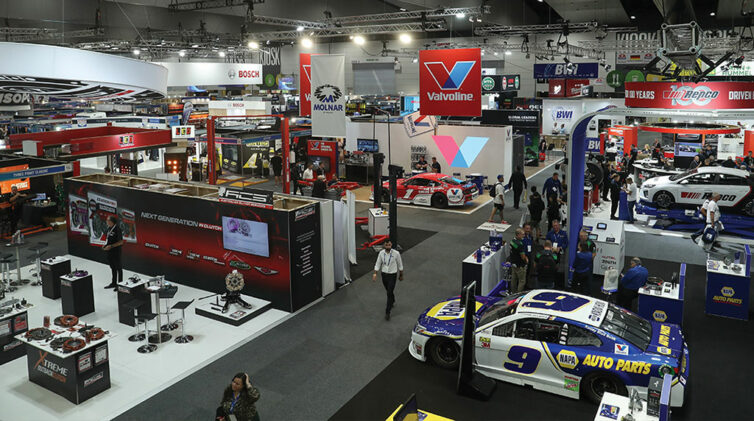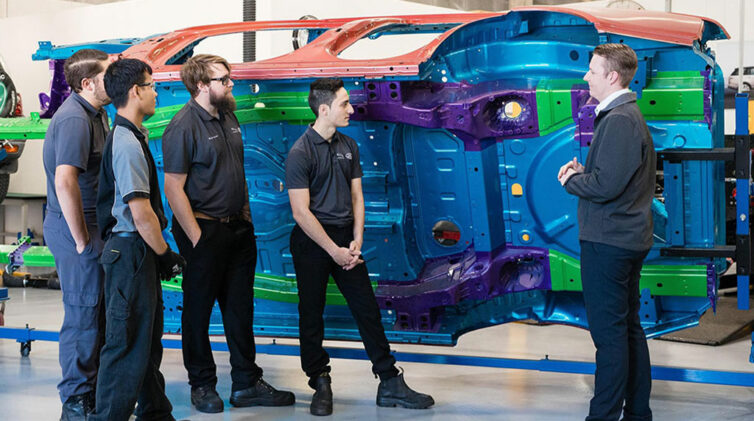Heavy restrictions placed on Australians during the coronavirus pandemic this year have prompted several car-makers to fast-track online sales processes, while others such as Honda and Mercedes-Benz have announced plans to introduce a more comprehensive ‘agency’ business model where the factory sets fixed prices and sells its cars through an online platform and at select dealerships.
The retailers, acting as agents, then receive commissions for selling the cars on behalf of the OEM.
In an interview with GoAuto, Mr Weber stressed the importance of having a regulatory environment that supported these sorts of innovations in the automotive industry’s retail sector, which he said had hardly evolved over more than 70 years.

“There are very, very few sectors of the economy (like automotive),” he said.
“If you look back 70 years, the way in which we get product to market has not evolved. The automotive dealer network hasn’t evolved that much in the last 70 years.
“Anyone who thinks that the model will not change much over time in any sector is deluding themselves. It is going to change, and quite often in many sectors it has changed for the better – and consumers are used to change in the way in which products are put to market.
“So, we need as part of innovation, and microeconomic reform to some extent (but innovation is probably the best expression of it), we need to provide an environment as a nation that allows for the evolution of the marketplace.”

As GoAuto has reported, Mercedes’ global head of sales and marketing, Britta Seeger, warned last month that any changes to Australia’s franchising laws could force the company to abandon its plans to move to a fixed-price, online-based business model in 2022.
The Australian Competition and Consumer Commission (ACCC) is currently monitoring these and other moves toward widespread agency sales and the potential impact on consumers and dealers.
The Australian Automotive Dealer Association (AADA) has also said it has reservations about the agency model, urging transparency and fairness from the OEMs involved, particularly in terms of providing adequate compensation to dealers.
But there is no question over the car-makers’ rights to modernise their selling practices, and Mr Weber said all discussion should revolve around providing the best outcome for consumers.
He also said he expected dealers to remain integral to the process.

“We have a very dynamic market, and the dynamic market is run for consumers because it gives them access to the lowest-priced cars,” he said.
“But to continue to do that you need that flexibility to allow innovation to come into the marketplace.
“You have to understand that; and that needs to be the starting point for any discussion about the future of this sector, or any other sector.
“Every department store that is open today in Australia, and every shop that is open, I can bet one thing: that they won’t all be open in 10 years, and they won’t all look the same way that they do today.
“There is going to be an evolution – as there is in every sector – about the way in which products are delivered. We need to think about what the regulatory environment is, what protection there is, because the benefit is to the consumer, ultimately.
“That’s what it is about. We are not here to protect businesses. It’s about providing the best outcome for the consumer.”
By Terry Martin












 Read More: Related articles
Read More: Related articles

